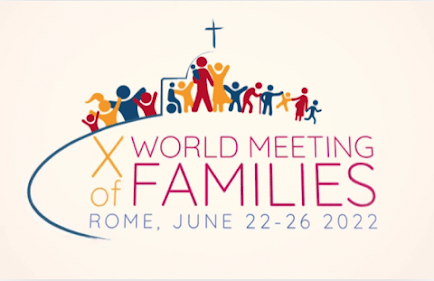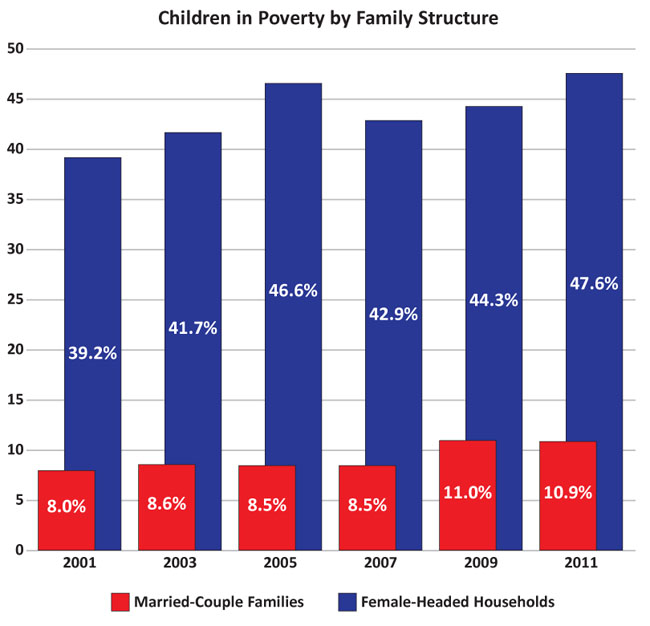X World Meeting Of Families (WMOF), Rome 22-26, 2022
The X World Meeting of Families Celebration takes place in Rome starting tomorrow June 22, through June 26, 2022. The theme chosen for theX World Meeting of Families is, “Family Love: A Vocation and a Path to Holiness.” The World Meeting of Families (WMOF) will conclude the Year of Amoris Laetitia Family, a celebration of families in honor of the fifth anniversary of Pope Francis’ encyclical Amoris Laetitia. The celebration began on March 19, 2021, the day Amoris Laetitia was released 5 years ago on the Solemnity of Saint Joseph. the meeting will reflect on the spirituality of the family in light of the call to holiness expressed in Gaudete et Exsultate. A US couple is to share advice for Catholic family life at World Meeting of Families

The World Meeting of Families is a gathering of the Roman Catholic Church that takes place every three years. The first World Meeting of Families took place in Rome in 1994 at the request of Pope John Paul II and it is organized by the Dicastery for Laity, Family and Life, which promotes the pastoral care of families, protects their rights and dignity in the Church and in civil society, so that they may ever be more able to fulfill their duties. It is the biggest gathering of Catholic families in the world. The most recent meeting took place in Dublin in 2018.

The meeting was originally planned for 2021, but rescheduled due to the pandemic. The event will take place in an unprecedented and multi-centered format, with local initiatives in dioceses around the world, similar to those that will take place simultaneously in Rome. While Rome will remain the designated venue, each diocese will be able to be the center of a local Meeting for its own families and communities. This is to allow everyone to feel like protagonists at a time when it is still difficult to travel because of the pandemic. In 2015, more than a million people attended Pope Francis’ Mass at the World Meeting of Families in Philadelphia. But in 2022, the attendance this year will be limited to to around 2,000 families due to the COVID-19 pandemic.
So, why another big event? Just like the church has been fighting for Juneteenth before it was cool and has been advocating social justice since it was founded, it sees the family as foundational. In fact, the Catechism affirms that the family is the original cell of society, that the families’ communion of persons closely resembles the persons of the Holy Trinity, Antonin Gaudi called God’s Architect was so inspired by the notion, he designed the Holy Family (Sagrada Familia) Cathedral in Barcelona, Spain. It is Gaudi’s most renowned building – whose cause for beatification was opened last year by the Cardinal Archbishop of Barcelona. The cathedral is a testament to the architect’s faith. Pope St. John Paul II said, “The future of humanity passes by way of the family.” “The family is the foundation of co-existence and a remedy against social fragmentation. Children have a right to grow up in a family with a father and a mother capable of creating a suitable environment for the child’s development and emotional maturity”. – Pope Francis Humanum Conference, November 17, 2014.
Statistics demonstrate the wisdom of the Church. Sadly, like in the case of Juneteenth, the Church’s efforts to edify the family have not born much fruit. In 1965, 25% of African American children were raised fatherless. Today it is 75% According to Fathers.com children from fatherless homes are more likely to be poor, become involved in drug and alcohol abuse, drop out of school, and suffer from health and emotional problems. Boys are more likely to become involved in crime, and girls are more likely to become pregnant as teens. Children in father-absent homes are almost four times more likely to be poor. In 2011, 12 percent of children in married-couple families were living in poverty, compared to 44 percent of children in mother-only families.

Fatherless children are at a dramatically greater risk of drug and alcohol abuse. There is significantly more drug use among children who do not live with their mother and father. A study of 1,977 children age 3 and older living with a residential father or father figure found that children living with married biological parents had significantly fewer externalizing and internalizing behavioral problems than children living with at least one non-biological parent. Children of single-parent homes are more than twice as likely to commit suicide. Data from three waves of the Fragile Families Study (N= 2,111) was used to examine the prevalence and effects of mothers’ relationship changes between birth and age 3 on their children’s well-being. Children born to single mothers show higher levels of aggressive behavior than children born to married mothers. Living in a single-mother household is equivalent to experiencing 5.25 partnership transitions.
Cardinal Kevin Farrell, Prefect of the Dicastery for Laity, Family and Life and event organizer, says Pope Francis wants the WMOF to be lived in local Churches around the world, and points to the holy examples of married couples who have become canonized saints.
The event is a reminder for us all. It’s easy to slip into thinking that the work of the Church rests on the shoulders of priests and religious and schools. But since 1963 when the Supreme Court in Abington Township v. Schempp (1963) decided that teaching children about wisdom, understanding, counsel, fortitude, knowledge, piety, fear of the Lord., charity, joy, peace, patience, kindness, goodness, generosity, gentleness, faithfulness, modesty, self-control, chastity was so radical that required Bible readings in public schools was unconstitutional., a mental health crisis and mass shootings ensued..”
The event also reminds us that without a family being healthy, it cannot fulfill its mission in the world. Pope Francis says that “Perfect families do not exist. This must not discourage us. Quite the opposite. Love is something we learn; love is something we live; love grows as it is ‘forged’ by the concrete situations which each particular family experiences. Love is born and constantly develops amid lights and shadows. Love can flourish in men and women who try not to make conflict the last word, but rather a new opportunity. An opportunity to seek help, an opportunity to question how we need to improve, an opportunity to discover the God Who is with us and never abandons us. This is a great legacy that we can give to our children, a very good lesson: we make mistakes, yes; we have problems, yes. But we know that that is not really what counts. We know that mistakes, problems and conflicts are an opportunity to draw closer to others, to draw closer to God.”– Address to Festival of Families, Benjamin Franklin Parkway, Philadelphia, Sept. 27, 2015
Finally, the Holy Father is asking the1.2 billion fellow Catholics around the world to pray for the spiritual health of the family. The father is the spiritual leader of the family and leaders set the tone. There are countless issues Pope Francis could focus on, but he is prioritizing the need to pray for families—to strengthen and encourage them at a time when the future does not seem too bright. The power and reality of intercessory prayer means that brothers and sisters in Christ are lifting up your family’s intentions to the Lord. And with the World Meeting of Families official prayer, you and your family are also invited to intercede for others.



